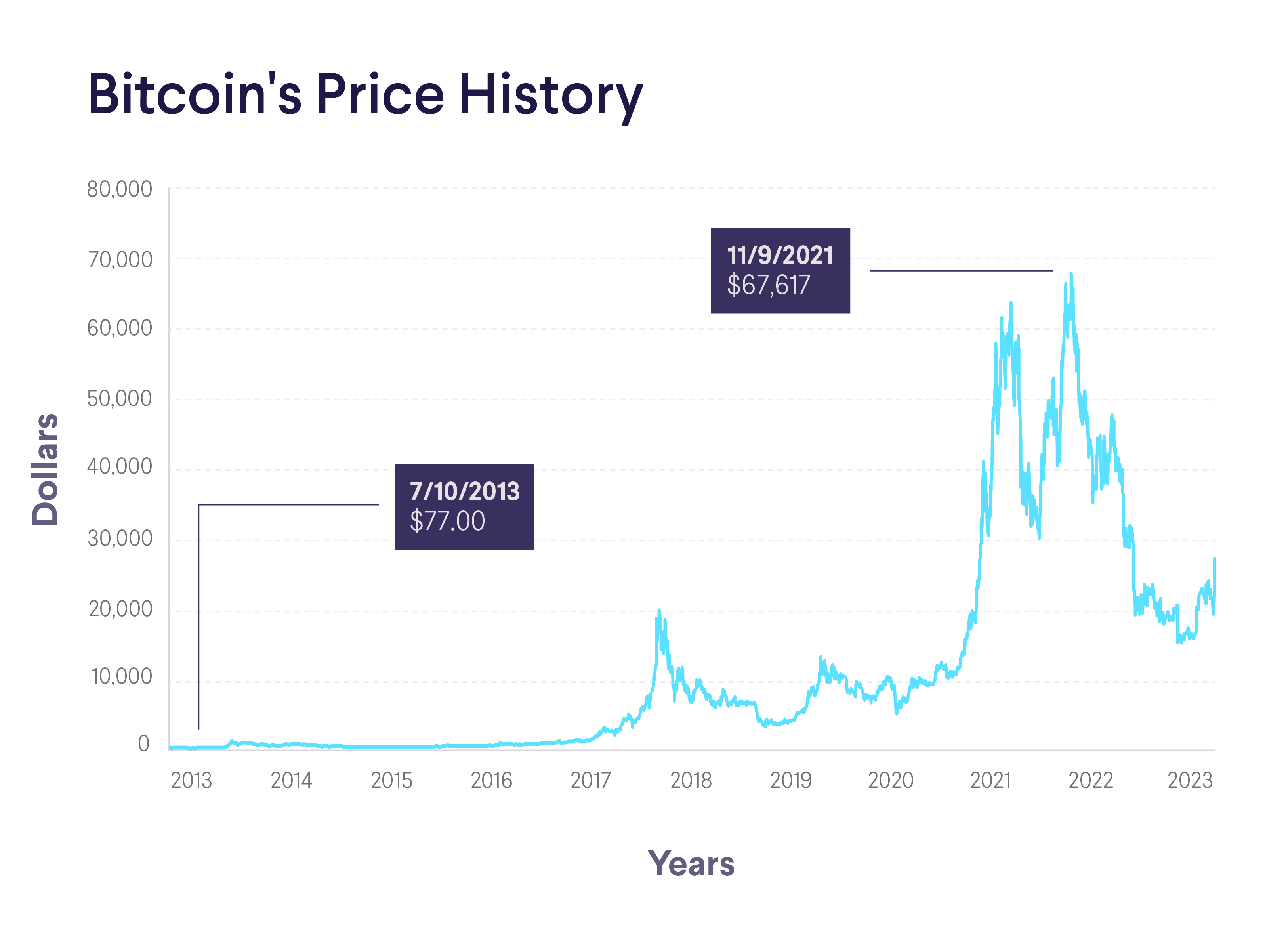Middle Managers: Bridging The Gap Between Leadership And Workforce

Table of Contents
The Critical Role of Middle Managers in Organizational Success
Middle managers act as a bridge, translating the overarching strategic vision of senior leadership into actionable plans for their teams. They are responsible for operational execution and ensuring that the workforce understands and contributes to the organization's objectives. Their role is multifaceted and essential for achieving organizational success.
-
Translate high-level strategies into actionable plans for teams: Middle managers take complex, high-level strategies and break them down into manageable tasks and goals for their teams. This ensures that everyone understands their role in achieving the larger organizational objectives. This process involves clear communication and effective delegation, crucial aspects of team leadership.
-
Motivate and mentor team members: Effective middle managers foster a positive and productive work environment by motivating and mentoring their team members. This involves providing regular feedback, recognizing accomplishments, and addressing performance issues promptly. Strong employee engagement directly results from effective middle management.
-
Provide crucial feedback to upper management: Middle managers act as a vital communication channel, relaying feedback from the workforce to upper management. This ensures that leadership is aware of potential problems, concerns, and innovative ideas from the front lines. This upward communication is critical for performance management and strategic decision-making.
-
Identify and address potential problems before they escalate: Their close proximity to the workforce allows middle managers to identify and address potential problems early on, preventing them from escalating into larger, more difficult-to-solve issues. This proactive approach saves time, resources, and minimizes disruptions.
-
Foster a positive and productive work environment: A positive work environment significantly impacts employee morale and productivity. Middle managers play a crucial role in creating this environment through effective communication, conflict resolution, and fair treatment of all team members.
Challenges Faced by Middle Managers
Despite their critical role, middle managers often face significant challenges that can impact their effectiveness and well-being. These challenges can range from conflicting priorities to resource constraints and communication breakdowns.
-
Conflicting priorities from upper management and team members: Middle managers frequently find themselves juggling competing demands from both senior leadership and their team members. Balancing these priorities requires strong organizational skills and effective time management.
-
Limited resources and budget constraints: Middle managers often operate with limited resources and tight budgets, requiring them to prioritize effectively and make strategic decisions about resource allocation.
-
Pressure to meet demanding deadlines and targets: The pressure to meet ambitious deadlines and targets can be immense, leading to stress and burnout if not managed effectively. Stress management techniques and effective delegation are essential for navigating this challenge.
-
Dealing with difficult personalities and conflicts within the team: Middle managers are often tasked with resolving conflicts and managing difficult personalities within their teams. Strong conflict resolution skills and emotional intelligence are vital for success in this area.
-
Lack of clear communication and direction from leadership: Ambiguous communication from upper management can create confusion and hinder the ability of middle managers to effectively lead their teams. This necessitates proactive communication to clarify expectations and ensure alignment.
Essential Skills for Effective Middle Managers
Successful middle managers possess a unique blend of skills that enable them to bridge the gap between leadership and the workforce. These skills are essential for navigating the challenges and fulfilling the responsibilities of the role.
-
Strong communication and interpersonal skills: Clear and effective communication is paramount for middle managers. They need to be able to articulate goals, provide feedback, and build strong relationships with both their team and senior leadership.
-
Excellent leadership and team management abilities: Middle managers must be able to motivate, guide, and mentor their teams. This includes effective delegation, performance management, and conflict resolution.
-
Problem-solving and decision-making skills: Middle managers regularly encounter problems that require quick, effective solutions. Strong analytical and critical thinking skills are essential for making sound decisions under pressure.
-
Adaptability and resilience in the face of challenges: The ability to adapt to changing circumstances and remain resilient in the face of adversity is crucial for middle managers. This requires flexibility, problem-solving skills, and a positive attitude.
-
Proficiency in performance management and employee development: Effective middle managers are skilled in conducting performance reviews, providing constructive feedback, and fostering employee growth and development through coaching and mentoring.
Strategies for Improving Middle Management Effectiveness
Organizations can significantly enhance the performance of their middle managers by investing in training, fostering open communication, and providing adequate support.
-
Invest in training and development programs for middle managers: Organizations should prioritize ongoing training and development for their middle managers to equip them with the skills needed to excel in their roles. This can include leadership development programs, communication workshops, and conflict resolution training.
-
Foster open communication and feedback channels between different levels of the organization: Creating open and transparent communication channels ensures that information flows freely between different levels of the organization. This helps to prevent misunderstandings, address concerns promptly, and foster a collaborative environment.
-
Empower middle managers to make decisions and take ownership: Empowering middle managers to make decisions and take ownership of their work increases their engagement and effectiveness. This requires trust, delegation, and clear accountability frameworks.
-
Provide adequate resources and support to enable effective performance: Middle managers need the resources and support they need to perform their jobs effectively. This includes adequate budget, staff, and technology.
-
Recognize and reward high-performing middle managers: Recognizing and rewarding high-performing middle managers demonstrates appreciation for their contributions and motivates them to continue exceeding expectations. This can take various forms, including bonuses, promotions, and public acknowledgements.
Conclusion
Effective middle managers are the linchpin of organizational success. They bridge the gap between leadership and the workforce, translating strategic goals into actionable plans, motivating teams, and providing crucial feedback. While they face numerous challenges, investing in their development and providing the right support can significantly improve their effectiveness and, consequently, the overall performance of the organization. Invest in your middle managers today and bridge the gap to success! Learn more about effective middle management strategies by [linking to a relevant resource here].

Featured Posts
-
 Market Update Bitcoin Btc Price Increase And The Factors Behind It
Apr 24, 2025
Market Update Bitcoin Btc Price Increase And The Factors Behind It
Apr 24, 2025 -
 Cassidy Hutchinsons Memoir A Jan 6 Witness Account
Apr 24, 2025
Cassidy Hutchinsons Memoir A Jan 6 Witness Account
Apr 24, 2025 -
 John Travoltas High Rollers An Exclusive Preview Of Posters And Photos
Apr 24, 2025
John Travoltas High Rollers An Exclusive Preview Of Posters And Photos
Apr 24, 2025 -
 California Gas Prices Governor Newsom Seeks Industry Collaboration To Lower Costs
Apr 24, 2025
California Gas Prices Governor Newsom Seeks Industry Collaboration To Lower Costs
Apr 24, 2025 -
 The Bold And The Beautiful Spoilers Liams Medical Crisis And Potential Demise
Apr 24, 2025
The Bold And The Beautiful Spoilers Liams Medical Crisis And Potential Demise
Apr 24, 2025
